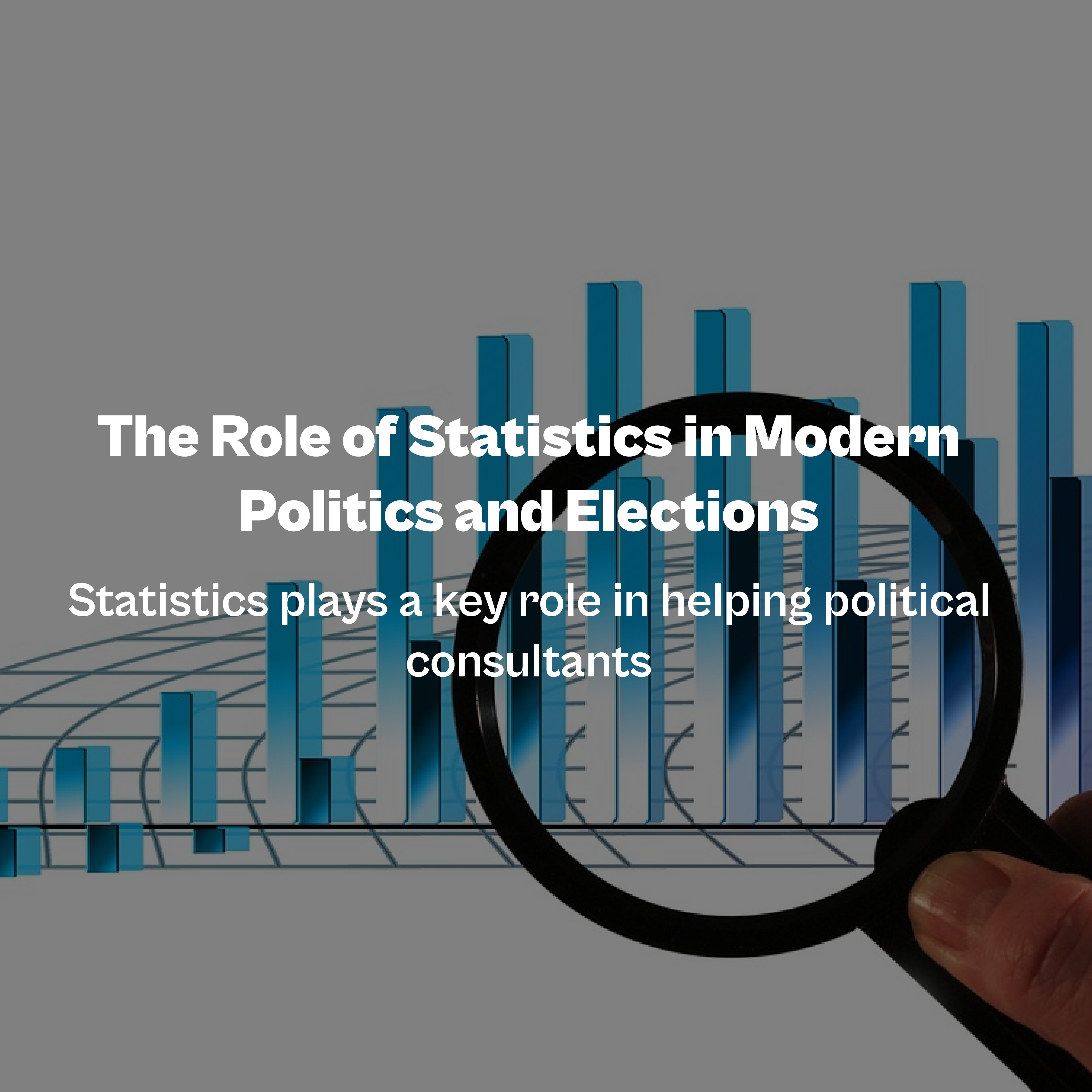In today’s fast-changing world of politics, statistics plays a key role in helping political consultants and leaders make smarter decisions. From planning winning campaign strategies to understanding what voters think, data has completely changed how elections are run. Public opinion polls are one of the most common ways statistics is used. These polls give a clear picture of voter preferences and help campaign teams create messages that resonate with people. For example, in countries like the United States, India, and the United Kingdom, polling has been essential in predicting election outcomes and shaping campaign strategies. Barack Obama’s campaigns in 2008 and 2012 are great examples of how data was used to reach specific groups of voters.
Statistics also helps campaigns target specific groups by looking at factors like age, location, and interests. This ensures resources are spent wisely, focusing on areas where votes are up for grabs. Predictive analytics, a branch of statistics, takes this to the next level by using past data and patterns to predict future outcomes. For example, in Brazil, data experts analyzed social media trends to understand voter sentiment and make real-time adjustments during elections.
At the local level, statistics is equally important. It helps campaign teams understand the key issues that matter to voters, plan door-to-door outreach, and encourage people to vote. South Africa is an example of how data-driven strategies have helped connect with rural voters. Statistics is also a powerful tool for fighting misinformation, which has become a big problem in elections. The European Union uses statistical tools to track false information online and ensure voters get accurate facts.
On election day, statistics helps campaigns make quick and informed decisions. By tracking voter turnout, analyzing exit polls, and following online trends, campaign teams can adjust their plans in real time. After the election, data is used to evaluate what worked and what didn’t, helping teams improve their strategies for future elections. In Canada, for example, statistical analysis after elections has helped fine-tune campaign messaging and understand shifts in voter behavior.
Beyond the immediate goal of winning elections, statistics is crucial for long-term political planning. It helps leaders identify emerging trends, adapt to changes in the population, and create policies that reflect the needs of their voters. Campaigns like Emmanuel Macron’s in France in 2017 and efforts in Australia to understand suburban voters show how useful data can be worldwide. However, the use of statistics in politics also comes with challenges, such as protecting people’s privacy and avoiding misuse of data. Governments need strong rules to ensure data is used ethically.
In conclusion, statistics has become a game-changer in politics. It helps campaigns become more focused, effective, and responsive to voters’ needs. By using data wisely, political consultants can not only win elections but also strengthen democracy and improve governance. In today’s world, where every vote matters, using statistics effectively can make all the difference.


